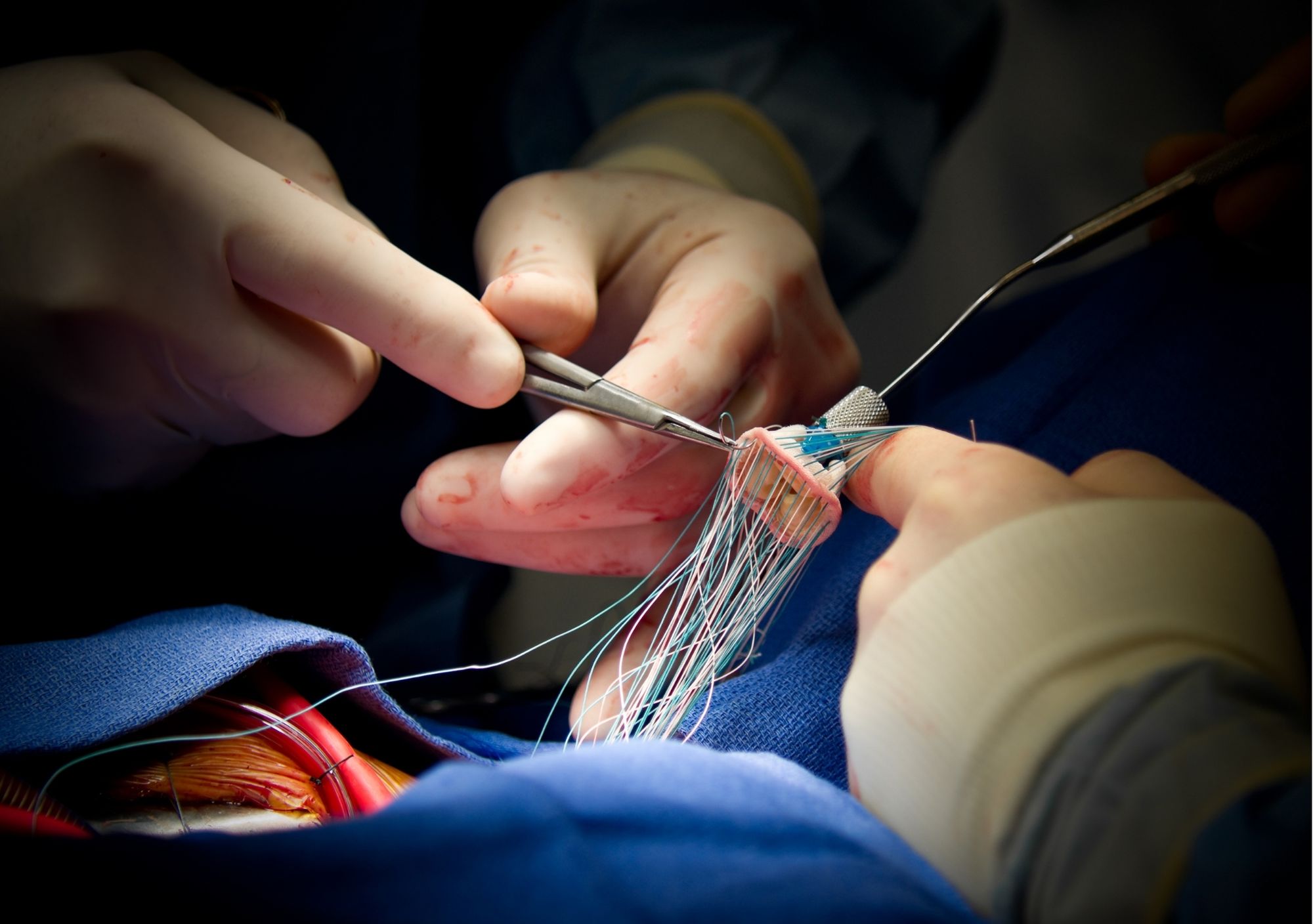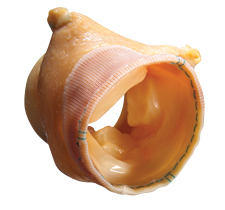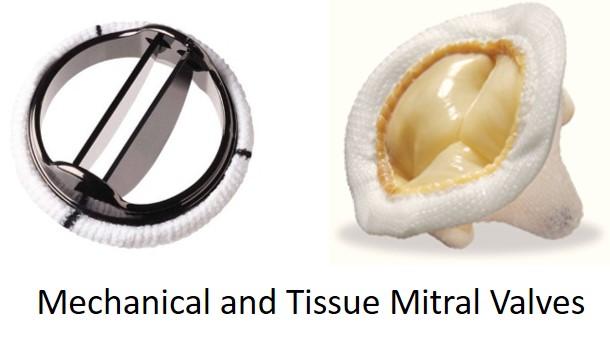For younger patients, the pulmonary valve has been treated for some time with a balloon mounted valve – expanded in position and held in position without sutures and put in without the need for open heart surgery. This was the Melody Valve.
Over 10 years ago, TAVI (Transcatheter Aortic Valve Intervention, or TAVR) was developed to treat the aortic valve, which is a much more common problem in adults. TAVI is becoming the standard of care for more and more patients with severe symptomatic aortic stenosis. (SSAS).
The Mitral valve treatments that don’t involve open heart surgery are less well-developed but the Mitraclip to reduce mitral leak has evidence behind it in patients that can’t have surgery.
The tricuspid valve is even more challenging: a leaking tricuspid valve is hard to treat both with surgery and with percutaneous treatments.
In terms of recovery, open heart surgery will generally mean a one-week stay in hospital and four-to-six weeks of recovery at home. With the newer treatments such as TAVI, your time in hospital can be reduced down to no more than three days, and at-home recovery would be two-to-three weeks.


